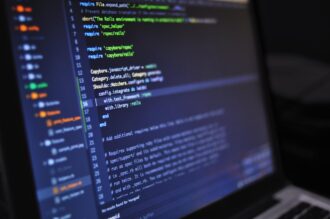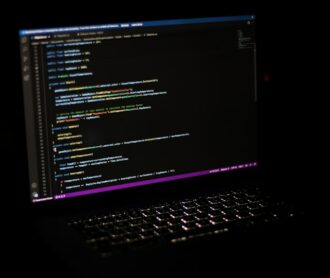
The best Linux distributions for anonymity
These days, it’s hard to remain anonymous online. Whether you’re surfing the Internet or just using software that goes online, know this: you’re being watched. Even your operating system isn’t sleeping.
Once you start Windows or a VS Code type program, you are tracked by telemetry. Of course, most of the data you collect is used to improve the software you use every day… and if anonymity is your goal, it’s worth looking into additional options.
Linux distributions offer various options for increased anonymity and privacy. But anonymity has its drawbacks.
Before we continue, we would like to make an important disclaimer. The purpose of this article is to tell you what you can do to protect your privacy. This article is not a call to do anything that is illegal in your country.
What does it mean to be anonymous?
“Anonymity” means different things to different people. So let’s understand the basic concepts right away.
The first thing is to understand who you want to hide your identity from, and what tools will help you do so.
You can use the threat modeling approach to properly categorize your risks. In this regard, the National Institute of Standards and Technology (NIST) suggests 4 steps:
- Identify and describe the system and data of interest;
- Identify and select the attack vectors included in the model;
- describe security measures to mitigate the attack vectors;
- Analyze the threat model.
You can read more about threat modeling in the NIST handbook.
Take journalists, for example. They would probably prefer to share their thoughts online anonymously. It would save them from fear of persecution and possible reprisals. That is, journalists do not want people to be able to reveal their identity. Thus, they clearly understand from whom they intend to hide.
Once you have decided from whom you want to hide, you can move on to the next step – the choice of profile tools (such as Tor) or Linux distributions to maintain anonymity.
Of course, anonymity has many advantages. I will only highlight the most important ones:
Freedom of speech: you can express your opinion without fear of being judged;
Less traceability: it will be more difficult to track what you are doing online;
Personal security: your data is a treasure. And it is much more difficult to steal it from an anonymous person.
Examples of Linux distributions
In principle, Linux systems are more secure and privacy-oriented than their proprietary brethren. Therefore, it is important to clearly understand exactly how Linux distributions work and how they keep you anonymous.
Virtual machines
A virtual machine is a kind of virtual computer that runs on top of your main computer.
Virtual machines are isolated from the rest of your system; you can run almost any operating system in them, including Linux distributions.
The most popular program for running virtual machines is VirtualBox, the open-source hypervisor from Oracle. VirtualBox is easy to set up and runs on Windows, Linux and macOS.
From the average user’s point of view, the main advantage of virtual machines is that you can run them in parallel with the underlying operating system, i.e. work in two systems simultaneously.
Live USB bootable USB stick
Live USB launches an operating system without installing it on your computer. With the Live USB you can install the Linux distribution and get right into a working environment. For the sake of clarity, here is the Parrot OS working environment (see below).
The main advantage of the Live USB is that you don’t have to waste time installing it. You just plug it into your computer, run the Linux distribution, unplug the USB stick and get on with your familiar operating system.
If you want an example of a full-fledged operating system on a VM, take a look at Qubes.
Installing on a computer without an operating system
If you’re aiming to be invisible, then installing a Linux distribution on your main OS is not a good option, because you will have to run many sessions on your computer.
Whenever you work on your computer, you leave a trail of data about the sites you visit, the files you open and even the Wi-Fi network you use.
That’s why working through Live USB flash drives and virtual machines is more secure.
Let’s say you’ve done everything you need to do in your work environment. You turn off that environment, and all the data is gone. It’s the same with virtual machines – when you’re done, they’re simply deleted.












